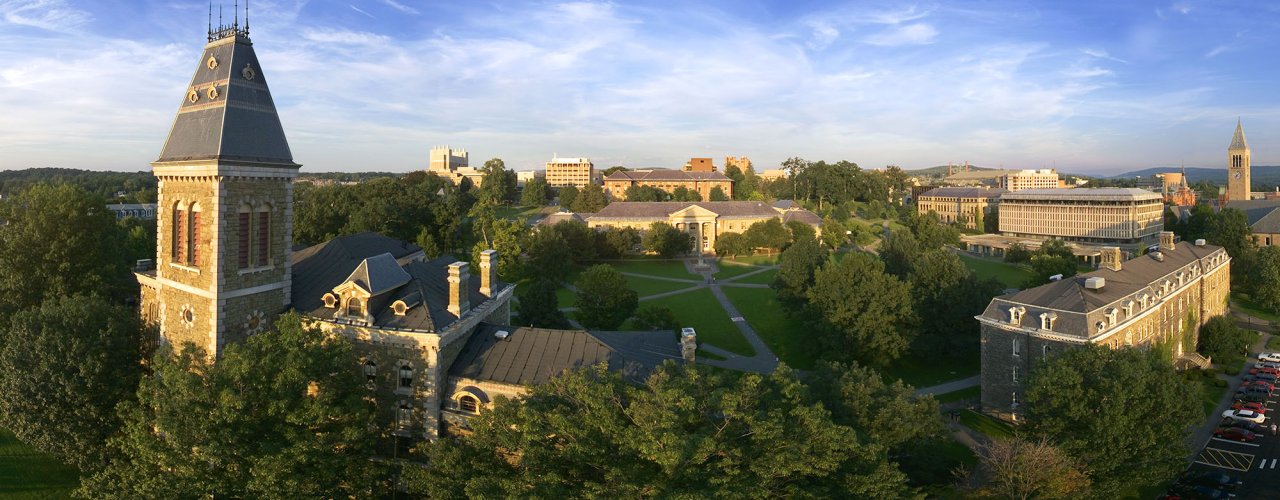Vice Provost Statement on the War in Ukraine
Last week, after years of preparation and months of positioning troops along the border, the Russian government began “special military operations” in Ukraine deploying the largest military land force since World War II, targeting and destroying civilian and military sites alike.
In just seven days, hundreds of Ukrainians have been killed as Russian forces make their way to Ukraine’s major cities. Over one million Ukrainians have fled the country, taking whatever possessions they can carry with them.
The Ukrainian people have shown incredible resolve in an almost unthinkable situation. Ordinary people, with little or no military training, are taking up arms to fight, standing guard over their homes, children, and country. In one case, hundreds of Ukrainians blocked the road to a nuclear plant in southern Ukraine, to try and keep the Russians from accessing the plant. Those efforts failed, and we all watched in horror as fire erupted in the world’s fourth-largest nuclear plant. The flames remind us how connected we all are, through life and through death.
Across Russia, citizens from that country have shown incredible bravery in protesting the actions of their government despite paying heavy penalties for doing so.
Here in Ithaca, we are physically far removed from the war, but we have Cornell students, staff, faculty, and alumni who are from both Ukraine and Russia or who have loved ones in the region. This is the most uncertain of times, with what is certainly gut-wrenching fear for family and friends in danger’s path. We acknowledge and share in their sorrow.
The current violence exposes the fragilities of the post-war experiment in pan-regional cooperation. It is also yet one more reminder of our shocking capacity for destruction, a capacity that is both ideological and technological. Those who perpetrate violent acts will always seek to rationalize them, to insist on the problematic nature of borders or past grievances or wounds aggravated by color, religion, or other differences. But these justifications are never acceptable reasons to enact mass death, and they should not distract us.
As a wise colleague once said to me, when faced with competing justifications, we should choose life. It is life that is sacred, and when in doubt as to what is right or wrong or where to stand, we should choose life over death; we should support the right to live a dignified, self-directed life—what we might call the right to thrive—over the right to domination or violence. As such, we condemn the invasion of Ukraine in the strongest terms.
As a university, we can do certain things in a situation like this. We can educate ourselves about the history, politics, and economics in the region, we can learn together, as we are doing with the expert presentations in this panel today. We can engage in our studies and in the world around us to make a meaningful difference. And as a community, here in New York and around the world, we can stand together, as a refuge and a bridge. As a community, we can take a stand for learning as the means to support the foundations of a better life.
Wendy Wolford, Vice Provost for International Affairs, initially shared this statement as the opening remarks for a faculty panel convened on March 4, titled Russia’s War on Ukraine: A New Attack on Peace, Rights, and Sovereignty. Learn more about the event and listen to the panel.

